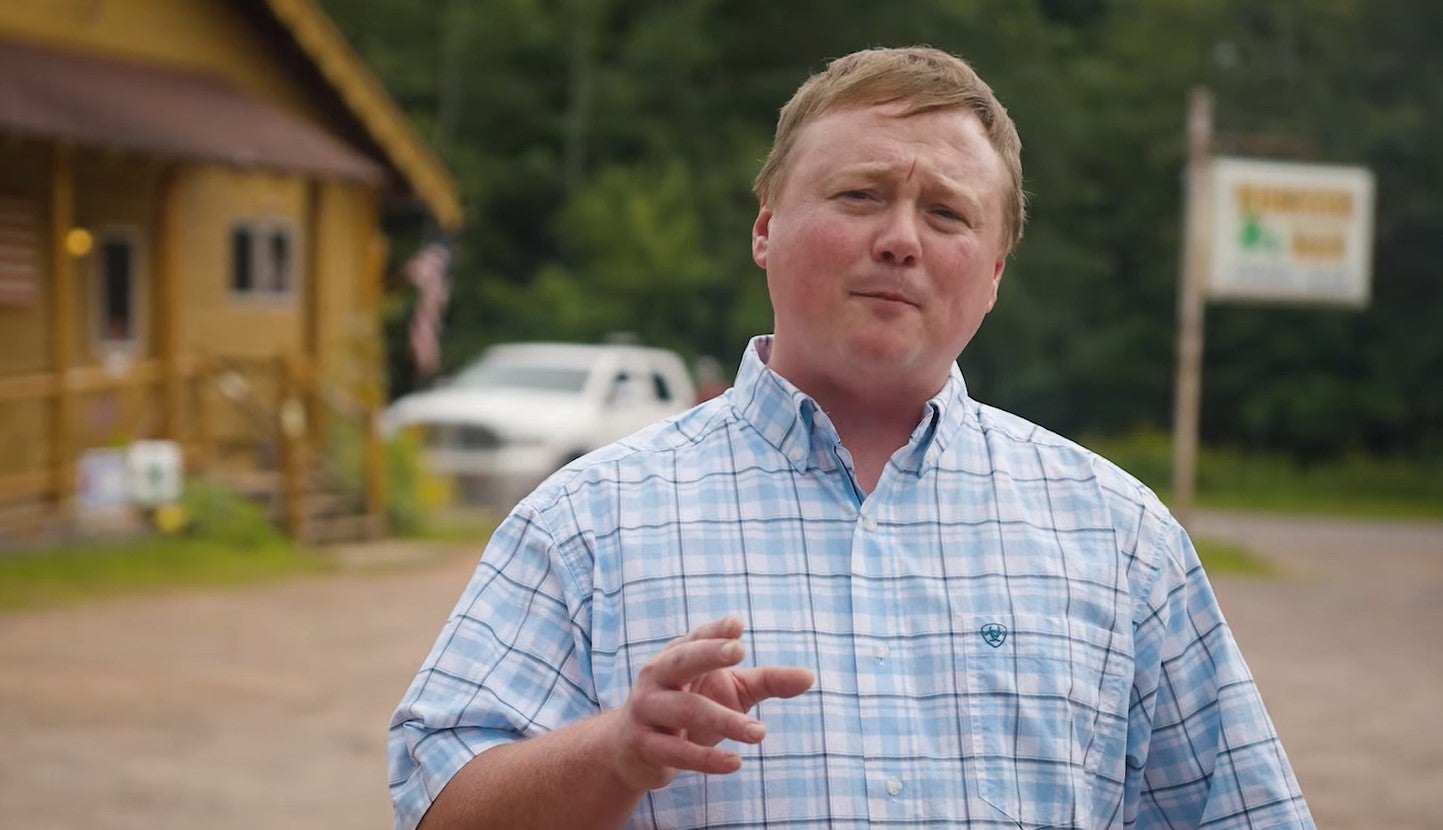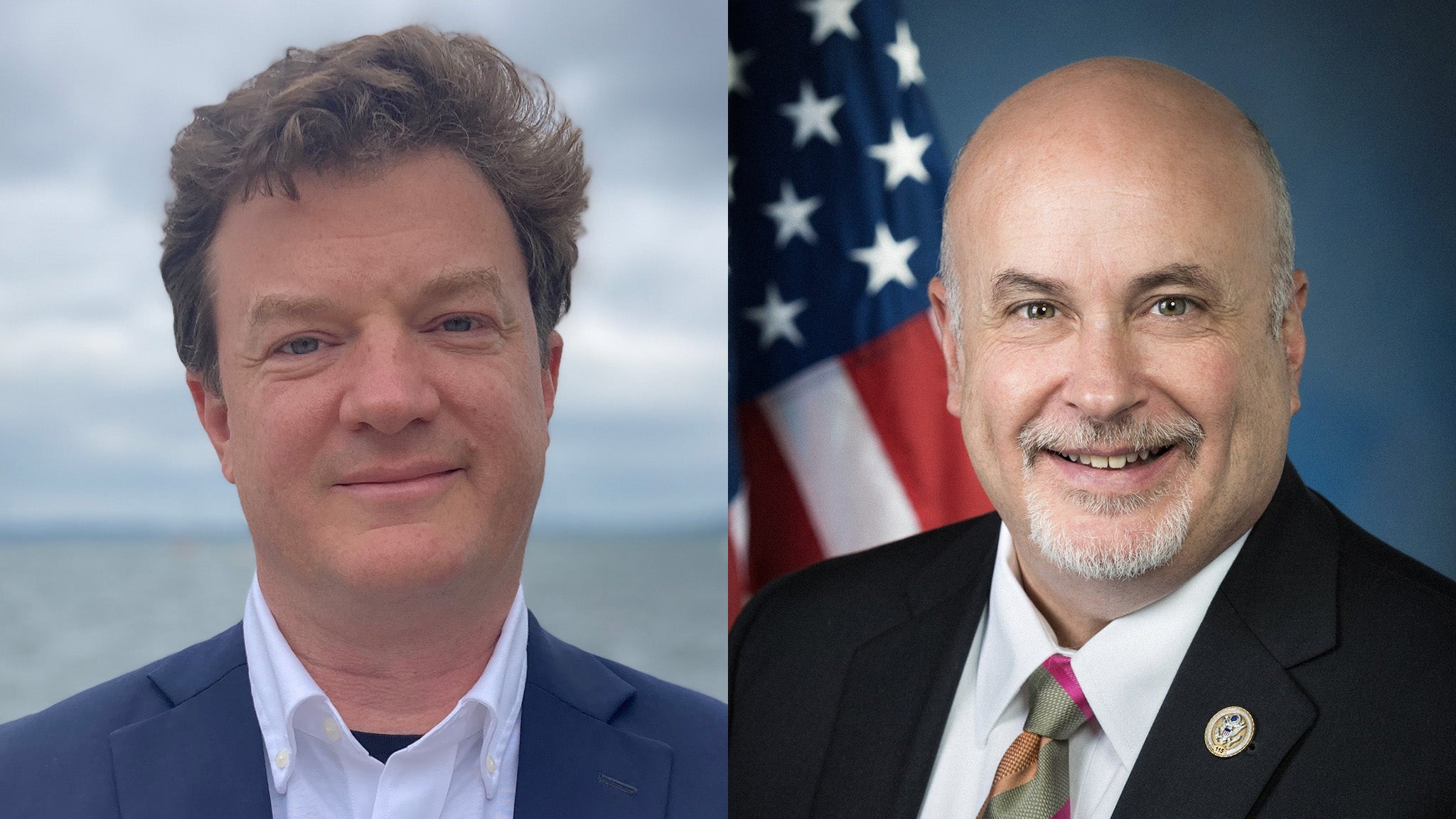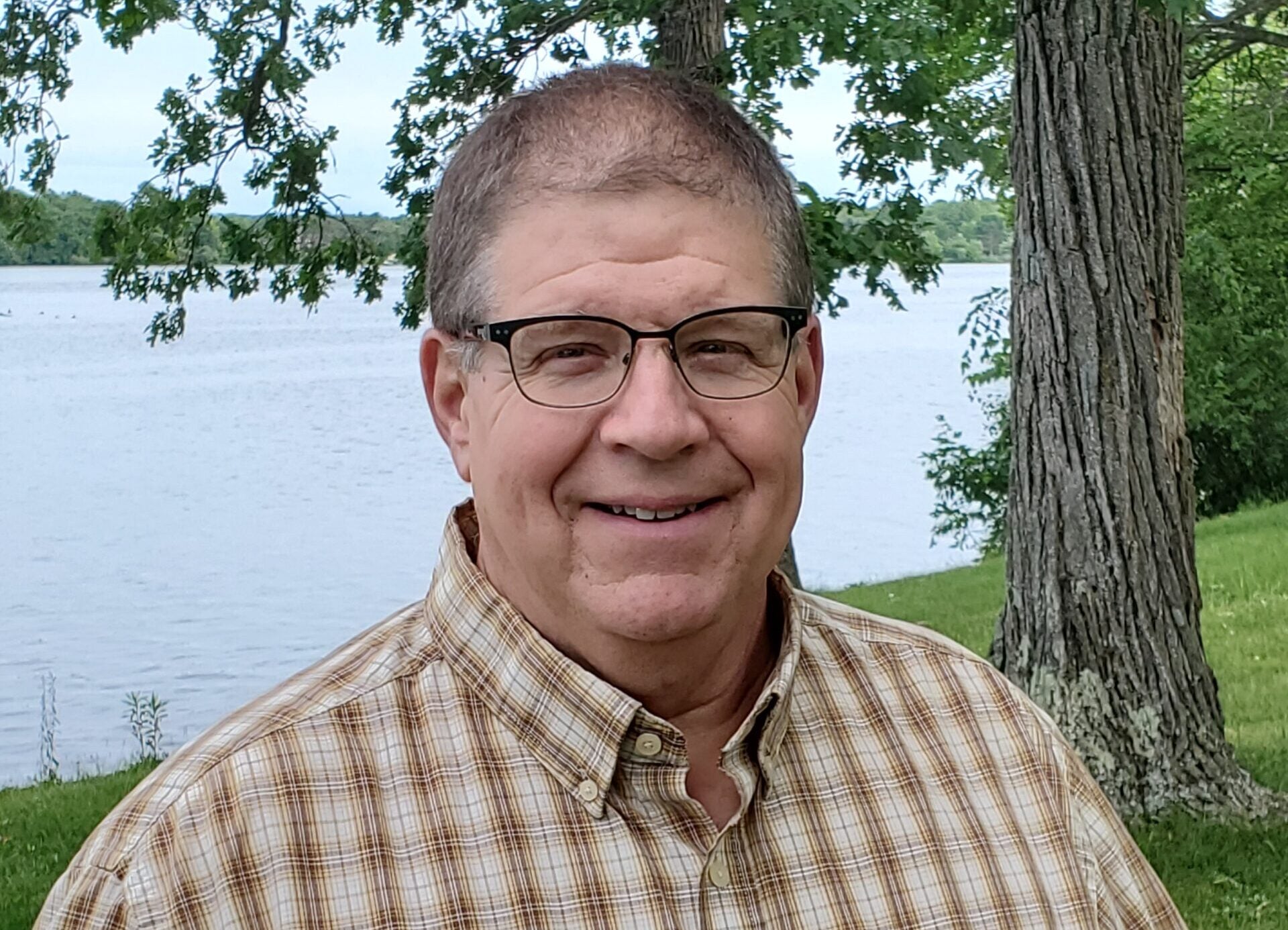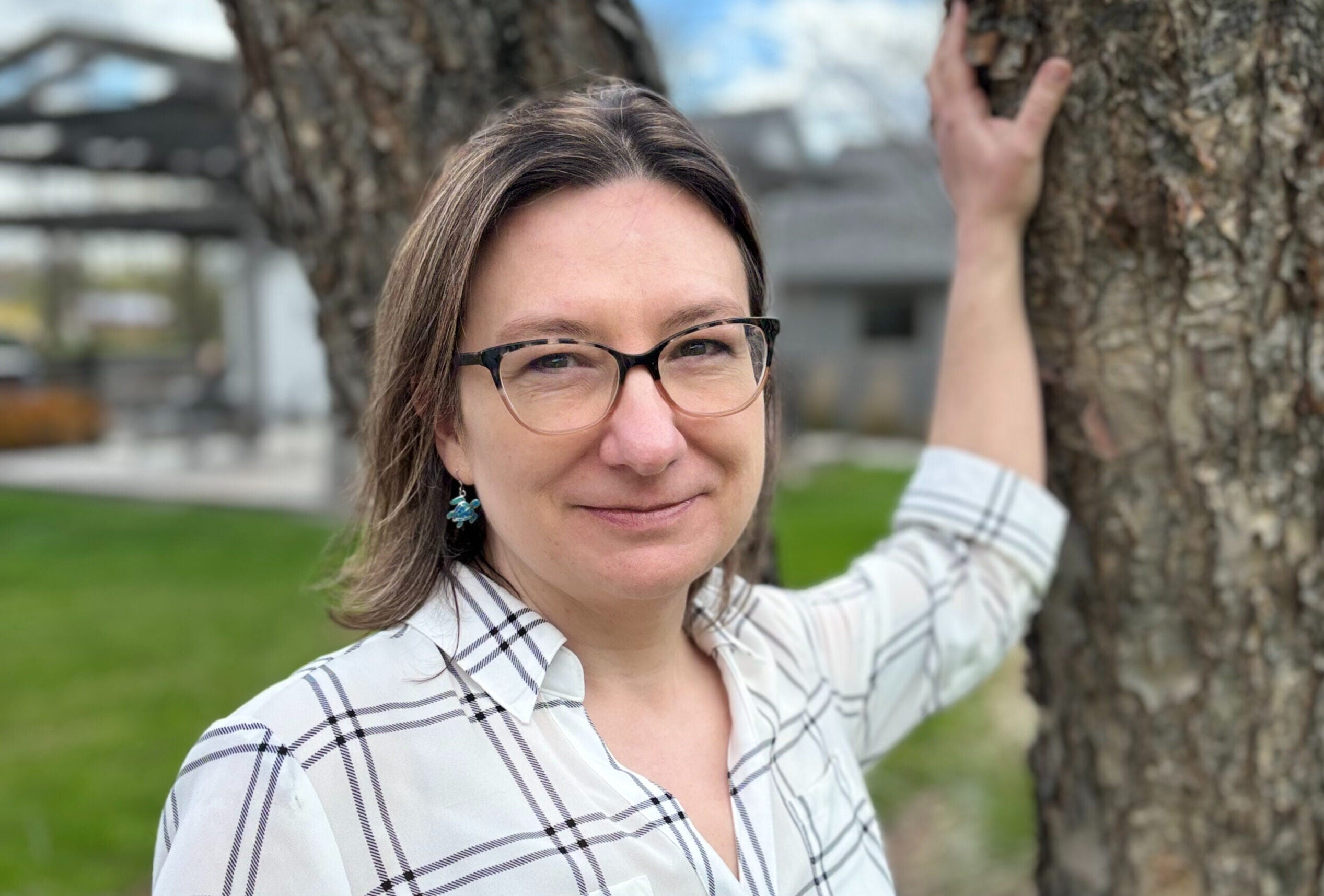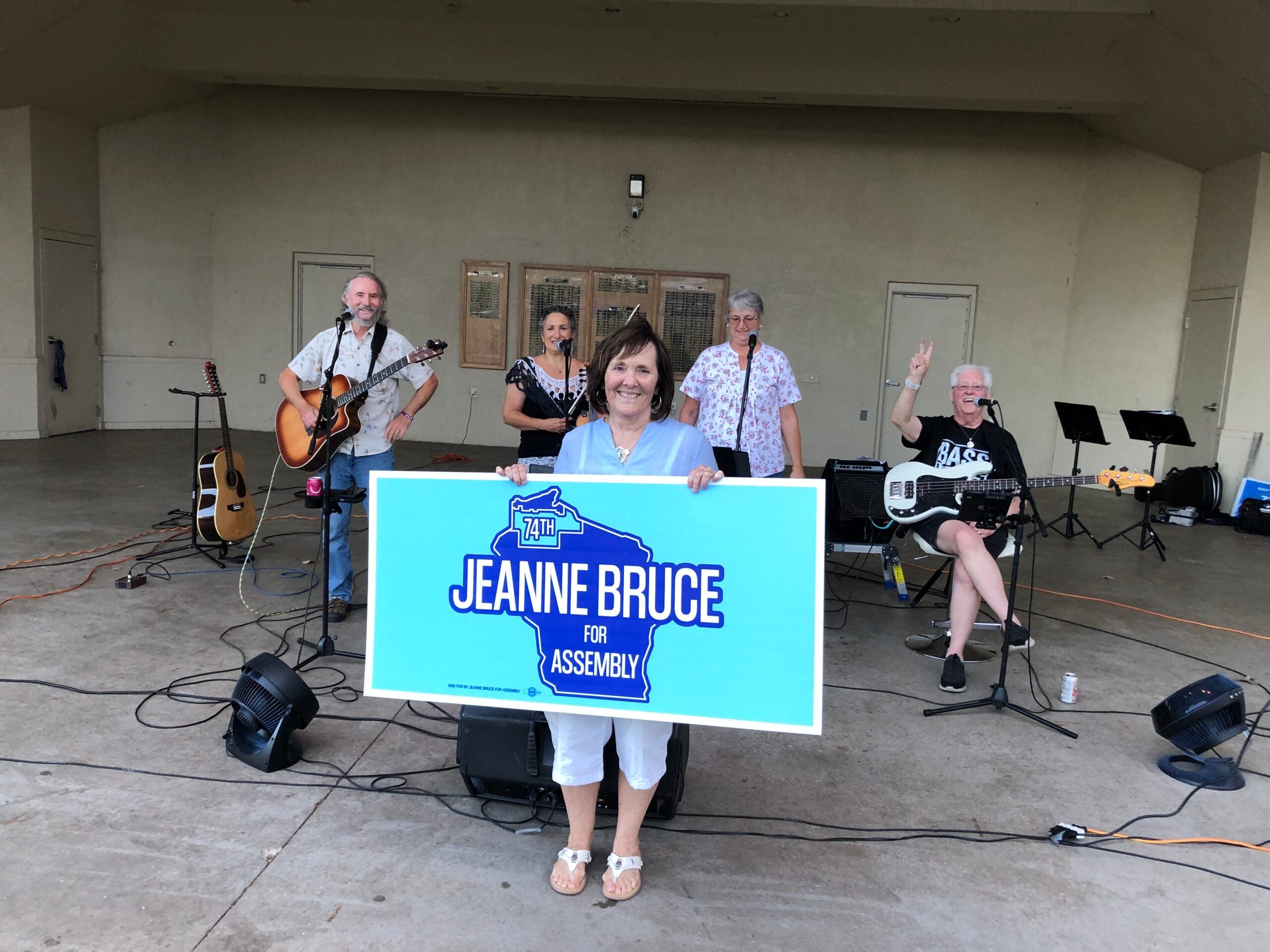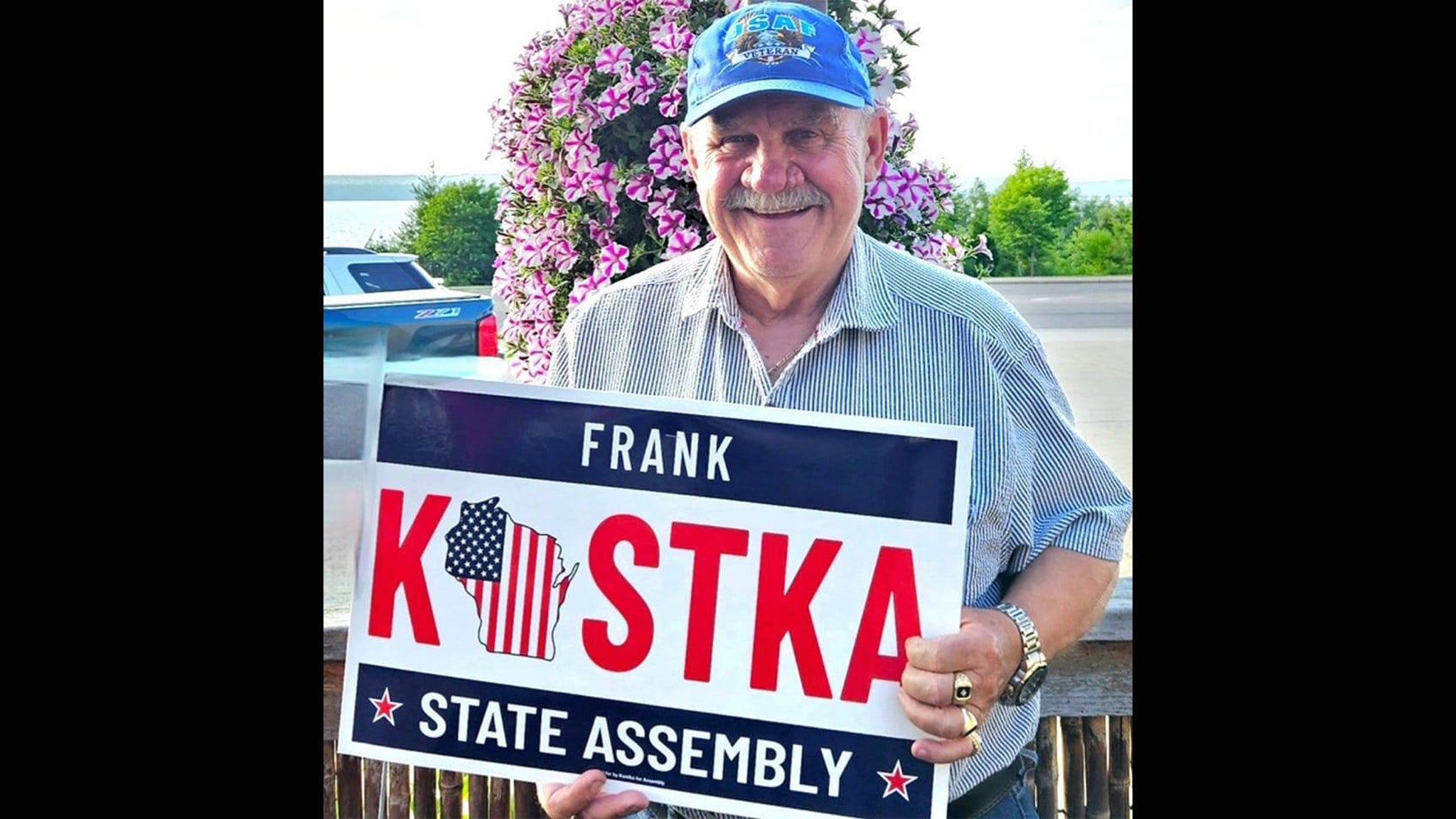State Rep. Chanz Green of Grand View is looking to retain the 74th District seat he flipped from Democratic to Republican two years ago with a campaign centered on one of his party’s top issues: inflation.
While acknowledging price hikes are largely a federal matter, Green says the Wisconsin Legislature can play a role in cutting taxes locally.
Green won the seat in 2022 after the retirement of longtime Democratic Rep. Beth Myers. This year, Green is being challenged by Democrat Jeanne Bruce of Spooner.
Stay informed on the latest news
Sign up for WPR’s email newsletter.
The district has a new map this election, placing it mostly inland stretching from the Minnesota border to the Upper Peninsula, and including Iron, Washburn and Sawyer counties, and portions of Douglas, Ashland, Bayfield and Burnett Counties.
Green lives in the town of Grand View. He currently owns both the Pioneer Bar in Cable and Ashland Event Rentals. He previously was the assistant director of public works in Amery and the utilities manager in Ashland, as well as a volunteer firefighter.
He spoke about his candidacy with WPR’s Robin Washington on “Morning Edition.” An invitation was also extended to challenger Bruce.
This conversation has been edited for clarity and brevity.
Robin Washington: What’s the single biggest issue facing the district and how can the Legislature address it?
Chanz Green: A lot of it is a federal issue, but a lot of people are concerned about the economy. What we can do at a state level is cut taxes. And though it’s very cliche of Republicans to say it, at the end of the day, if I cut taxes down in Madison, it puts more money into constituents’ pockets and allows for them to spend it on things like the car payment, the house payment, child care, things like that. I think that’s the best way the state Legislature can combat that.
So that’s going to be a big focus this next session. We tried last session. We had four attempts to cut taxes and give tax breaks to the middle class. Unfortunately, those were vetoed by the governor. But at the end of the day, we’re not going to stop. I do believe this is the best relief for constituents in the northern area, and that’s what we’re going to try to do this next session.
RW: The district’s map has been redrawn, but it’s still affected by things outside the district. One of those is Enbridge’s proposed Line 5 pipeline project which has divided the region politically. Do you see any realistic compromise there, or is it simply build it or not?
CG: As far as I know, Enbridge is moving forward with the project. The last I heard, they were getting approvals to move forward with DNR oversight and everything like that was coming through. It was a big document. I want to say, with the amendments and everything, it was almost 10,000 pages. But nonetheless, they’re moving forward and I hope to see that project move forward.
If that pipeline shuts down, it’s going to drive utility rates through the roof — and I won’t lie, they’re already high as it is. The Bad River Tribe has requested that the pipeline be removed from their lands, and that’s fine. As far as I know, Enbridge is accommodating all those demands. And hopefully, like I said, we can get that reroute done before they have to shut the pipeline down. If that pipeline shuts down, it’s going to affect all of us in a negative way. We really need to see that rebuild happen, and I support it 100 percent.
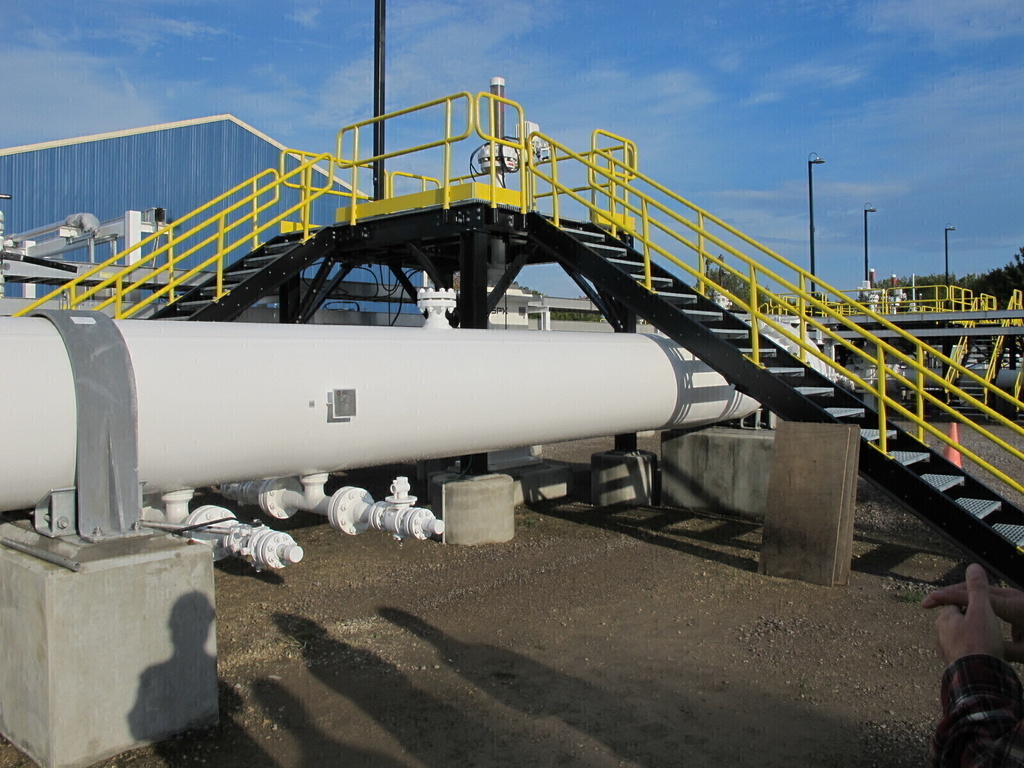
RW: The 74th District is fairly unique in that it’s one of only a handful in Wisconsin that borders two other states, in this case, Minnesota and Michigan. Are there things that those states are doing right that Wisconsin isn’t, and that affect the district’s residents? And what would you do to rectify that?
CG: An issue that both Michigan and now Minnesota have passed is legalizing recreational marijuana. We have seen a huge flow of people from Wisconsin go through to both states when it comes to recreational marijuana. I myself am a little leery of full recreational marijuana, but I did support a bill last session that would allow for medicinal use. I do believe there’s benefits to medical marijuana. If we allow for people to access it when it comes to health care treatment, I think that would be a big win for Wisconsin.
I won’t lie. I see a lot of traffic in northern Wisconsin, either headed to Minnesota or Michigan, and if you go through these little border towns, especially in Ironwood, Michigan, a lot of marijuana shops have popped up. It’s definitely an economic driver over there. So it’s definitely something that Wisconsin will have to consider in the future, but again, I’m hesitant to dive right in head first. I think starting with medical marijuana would be a more appropriate move and hopefully we can see something to that next session.
RW: Is there any Democratic-backed initiative in the Legislature that you can get behind —keeping in mind that we don’t know which party will be in control in the next term?
CG: I have not seen a lot of things out of the Democratic side this session that I could support. A lot of the things that I’ve seen Democrats put forth in their bills is more spending, and unfortunately, I don’t think that’s necessary — throwing money at the problems that affect Wisconsin residents.
Isn’t the answer better management? Getting rid of some red tape and regulation stuff? That’s what I would like to see, and that’s what I’m hoping to do this next session, such as addressing some DNR concerns when it comes to permitting. We’ve had a lot of issues when it comes to businesses trying to get permits and things like that in northern Wisconsin. And like I said, we need to battle inflation. It’s crushing middle class families up here, and I’m hoping we can get some tax cuts through that will alleviate some of that stress on these folks.
For all of WPR’s election coverage, including presidential, congressional and legislative races, visit wpr.org/election2024.
